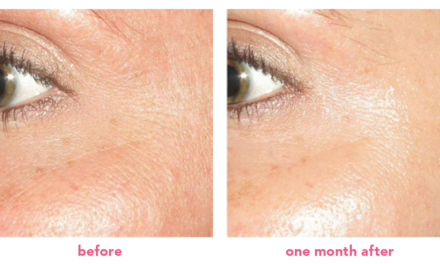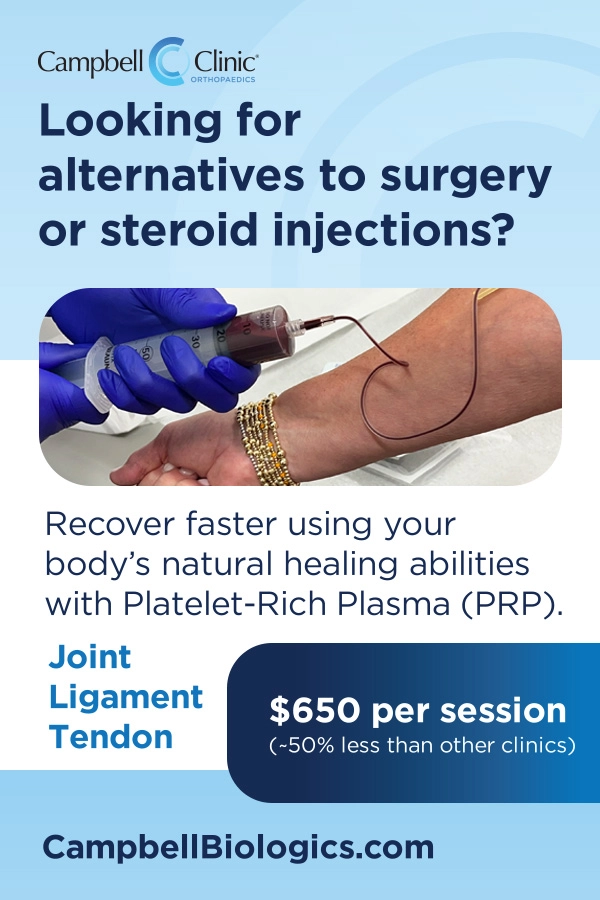There’s a link between aging and arthritis – but you don’t just have to live with pain and poor mobility as you get older!
As you age, the wear and tear of daily life and natural aging processes increase your risk of arthritis. But with proper care, managing pain and continuing the activities you enjoy is possible.
In our rheumatology practice at Regional One Health, we help aging patients alleviate symptoms and improve mobility to enhance their overall quality of life.
There are several ways aging contributes to arthritis risk.
The cumulative impact of daily activities can wear down cartilage, especially in weight-bearing joints like the knees and hips. Older bodies don’t repair and regenerate cartilage and other joint tissues, which makes the problem worse.
At the same time, aging often means increased body fat, which puts more stress on your joints. You’re also losing muscle mass, which reduces support around your joints.
Finally, chronic low-grade inflammation increases with age, which makes arthritis worse.
It may sound like a grim situation, but there’s plenty we can do!
See a rheumatologist if you’re experiencing persistent joint pain, stiffness (especially in the morning), swelling, and/or reduced range of motion.
We start by getting an accurate diagnosis. There are several types of arthritis related to aging.
Osteoarthritis is the most common. The cartilage that cushions the ends of the bones gets worn down, causing pain, swelling, and stiffness. It usually affects the knees, hips, hands, and spine.
Rheumatoid Arthritis is an autoimmune condition where the immune system attacks the lining of the membranes surrounding the joints, leading to inflammation and pain. It can eventually lead to joint damage. Symptoms usually start between age 40 and 60.
Gout, which occurs when uric acid accumulates, causes sudden and severe pain, redness, and swelling. Older adults are more prone to gout because it is linked to decreased kidney function.
While there is no cure for arthritis, a rheumatologist can help you manage your symptoms.
Arthritis can be mild, severe, or anything in between, so we design customized treatment plans for each patient’s needs and goals.
Lifestyle modifications benefit most patients.
Maintaining a healthy weight, eating a balanced diet, and doing low-impact exercise reduces stress on your joints and improves your overall health. Patients can see a physical therapist to learn exercises tailored to improving joint function, muscle strength, and overall mobility.
Rheumatologists can also prescribe medications targeted to each patient’s specific diagnosis. These can include NSAIDs, corticosteroids, DMARDs, and biologics. The goal is to reduce inflammation, relieve pain, and slow disease progression.
For some patients, canes, braces, and other assistive devices are good options to support joints and reduce strain. If a patient has severe arthritis, they might need surgery to repair or replace a damaged joint. The rheumatologists at Regional One Health work closely with physical and occupational therapists and pharmacists to provide comprehensive arthritis care.
No matter what, care is focused on improving your quality of life. When you live with chronic pain and stiffness, hobbies like sports, music, cooking, etc., can feel out of reach, and even ordinary activities like walking and getting dressed are more difficult. A rheumatologist can help you stay independent and keep doing what you enjoy!
Regional One Health provides rheumatology services in the East Campus, 6555 Quince Road, and Main Campus Outpatient Center, 880 Madison Ave Memphis, TN. For appointments, call 901.545.6969.
Easy Ways to Stay Fit & Healthy Right to Your Inbox!
Health+Fitness tips and specials sent to you twice a month!









